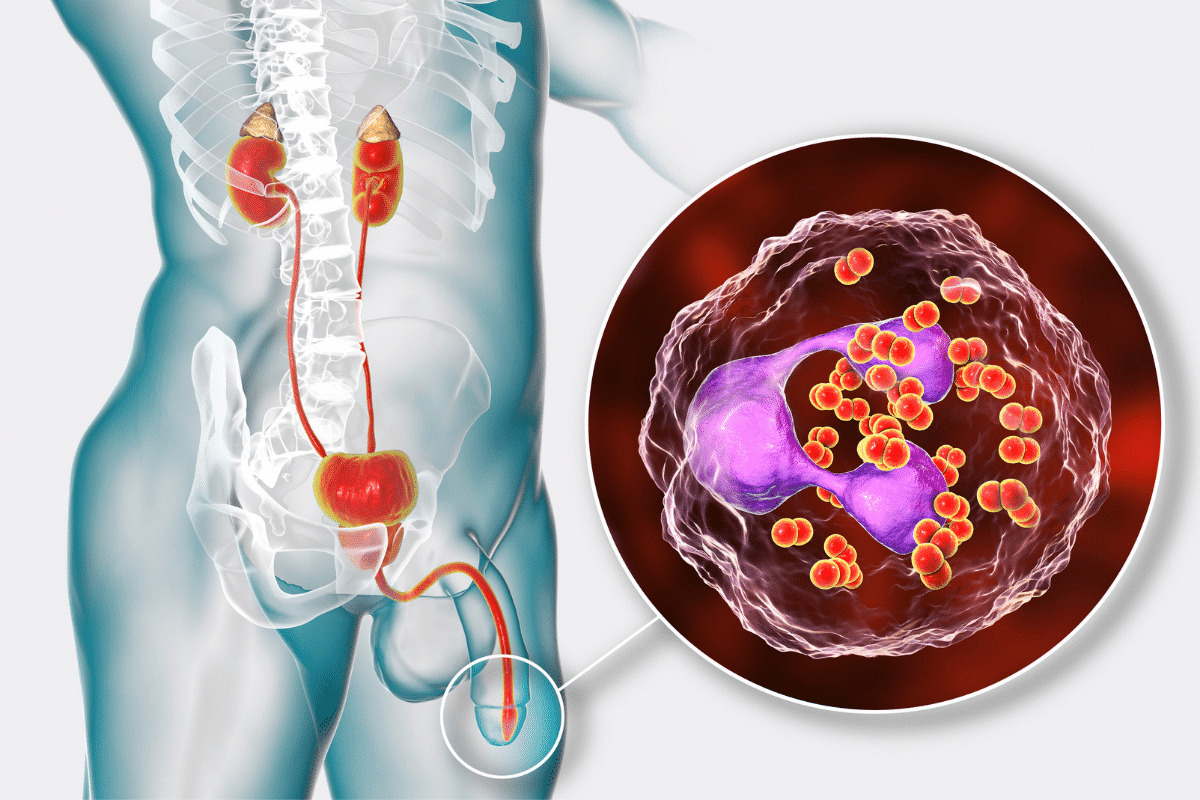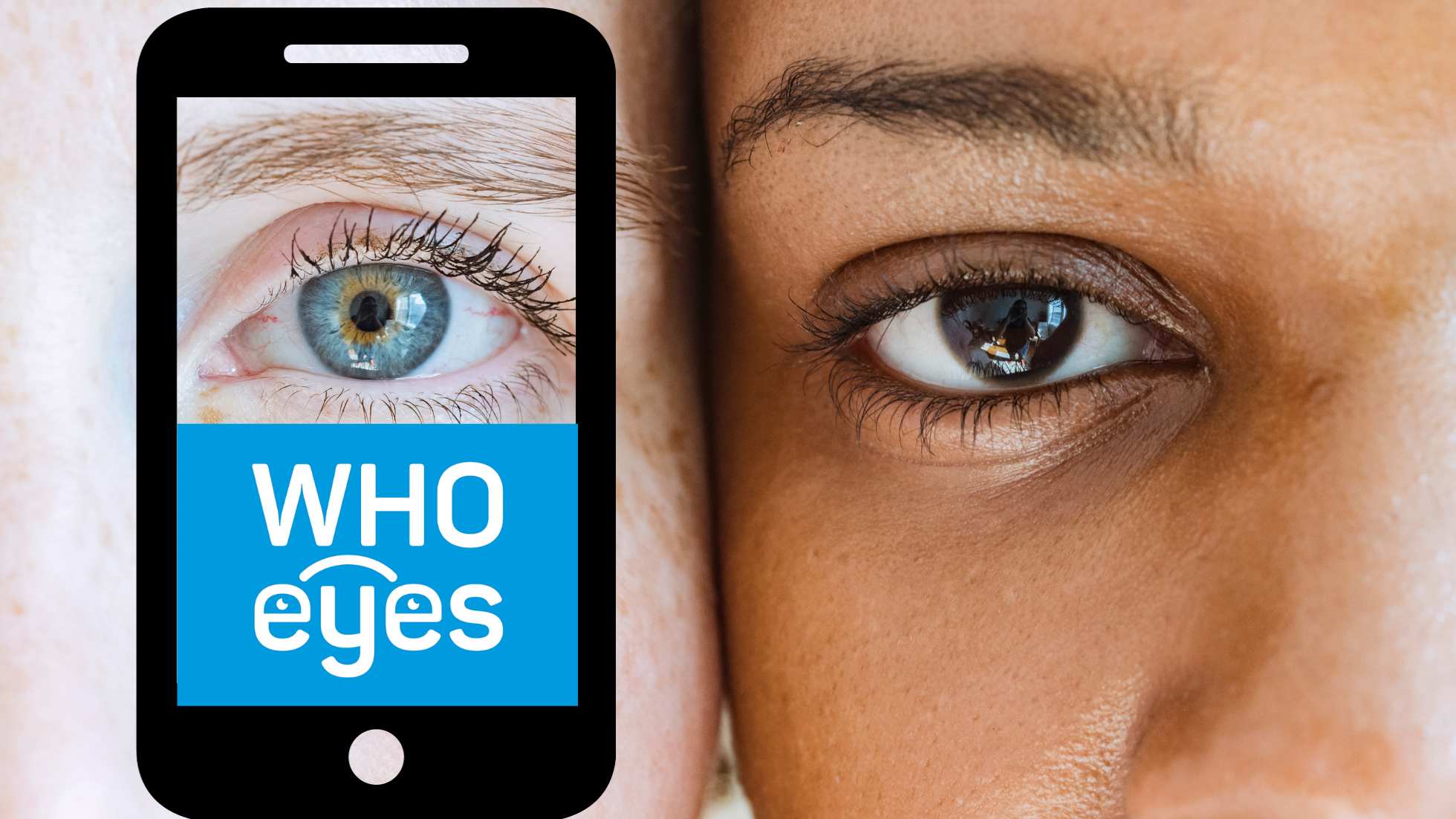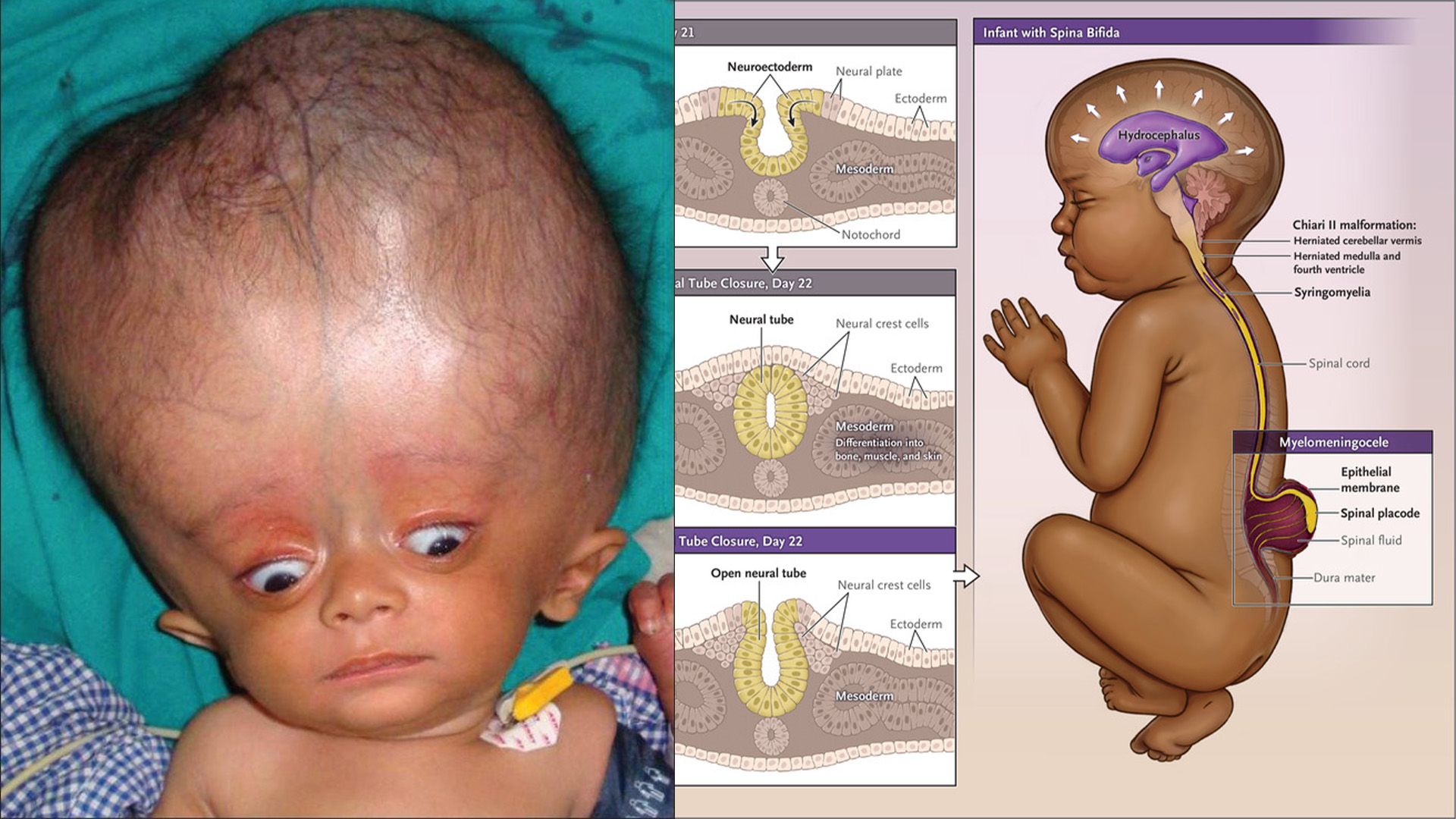
Chlamydia, gonorrhoea and syphilis are all caused by bacteria and they are generally curable with antibiotics. However, these STIs often go undiagnosed and they are becoming more difficult to treat, with some antibiotics now failing as a result of misuse and overuse. It is estimated that, each year, 131 million people are infected with chlamydia, 78 million with gonorrhea, and 5.6 million with syphilis.
Resistance of these STIs to the effect of antibiotics has increased rapidly in recent years and has reduced treatment options. Of the three STIs, gonorrhea has developed the strongest resistance to antibiotics.
When left undiagnosed and untreated, these STIs can result in serious complications and long-term health problems for women, such as pelvic inflammatory disease, ectopic pregnancy and miscarriage, and untreated gonorrhea and chlamydia can cause infertility in both men and women.
An untreated STI in a pregnant woman increases the chances of stillbirth and newborn death.
Gonorrhea
Gonorrhea is a common STI that can cause infection in the genitals, rectum, and throat. Antimicrobial resistance has appeared and expanded with every release of new classes of antibiotics for the treatment of gonorrhea. Because of widespread resistance, older and cheaper antibiotics have lost their effectiveness in treatment of the infection.
Syphilis
Syphilis is spread by contact with a sore on the genitals, anus, rectum, lips or mouth, or from mother to child during pregnancy. If a pregnant woman has untreated syphilis and the infection is transmitted to the fetus, this often causes it to die.
In 2012, mother-to-child transmission of syphilis resulted in an estimated 143 000 early fetal deaths/stillbirths, 62 000 neonatal deaths and 44 000 babies being born preterm/low-birth-weight.
Chlamydia
Chlamydia is a common sexually transmitted infection (STI) caused by bacteria. People who have chlamydia often don’t have outward symptoms in the early stages.
Symptoms of chlamydia include discharge and a burning feeling when urinating, but most people who are infected have no symptoms. Even when chlamydia is asymptomatic, it can damage the reproductive system.
Symptoms of syphilis and gonorrhea
Syphilis and gonorrhoea have different symptoms, which can help identify them.
Symptoms of syphilis occur in stages and include:
- A visible sore, called a “chancre”, forms during the primary stage of syphilis, usually around three weeks after infection. These are generally firm, round and painless, appearing in the anus, on the penis, front hole, balls, or sometimes on or around the mouth.
- Rashes on the palms of the hands, soles of the feet, or other body parts can appear during the secondary stage. You might also get some cold or flu-like symptoms.
- In the latent stage, it’s likely no symptoms will be experienced at all, and this stage can last indefinitely if left untreated. If syphilis is left untreated for a long time, it can cause serious health issues, affecting your heart, brain, nerves and bones. This is very rare nowadays with access to testing and treatment.
Symptoms of gonorrhoea appear differently and do not include any visible sores/chancres. Here is what you can expect if you do get symptoms:
- Swelling or pain in or near the scrotum
- Itchiness and pain during bowel movements
- Discharge or bleeding from your rectum
- An unusual discharge from the urethra (penis or front hole)
- Pain or burning when urinating
- Swelling or redness near the tip of your penis
It’s also possible to get gonorrhoea in your eyes, in which case the symptoms are usually pain and discharge from your eyes.
You do not need to experience all these symptoms to have a gonorrhoea infection, and if you suspect you may have it, the only way to know is to get tested!
Testing for syphilis and gonorrhea
Syphilis is usually tested via a blood sample but can be tested by swabbing any visible ulcers/sores.
Gonorrhoea is generally tested by taking a urine sample, throat swab, and anal swab.
Treatment of syphilis and gonorrhea
Treatment for syphilis and gonorrhoea can differ depending on your circumstances and will be directed by your doctor.
Generally, syphilis is treated with one or two penicillin injections (usually in the buttocks).
Gonorrhea is usually treated with a course of antibiotics such as azithromycin.




